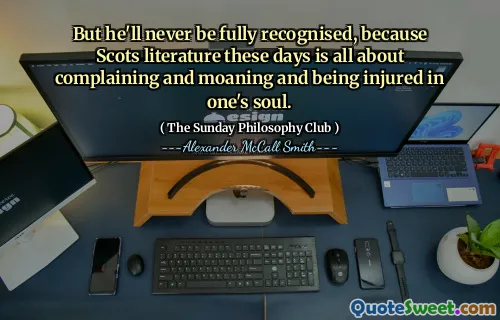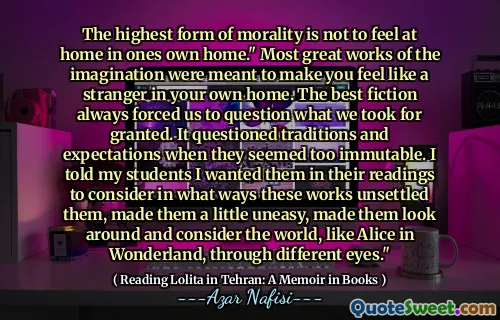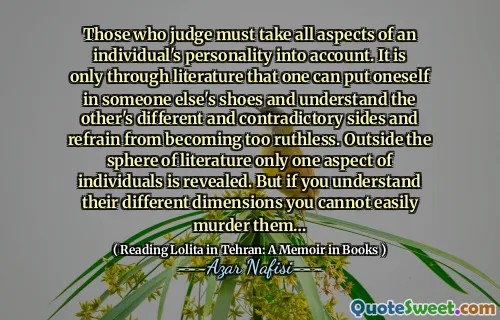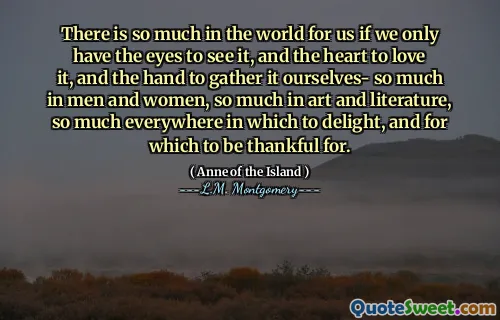Nobody these days holds the written word in such high esteem as police states do,' Arkadian Porpirych says. 'What statistic allows one to identify the nations where literature enjoys true consideration better than the sums appropriated for controlling it and suppressing it? Where it is the object of such attentions, literature gains an extraordinary authority, inconceivable in countries where it is allowed to vegetate as an innocuous pastime, without risks.
In his reflections, Arkadian Porpirych emphasizes the unique value placed on literature in oppressive regimes. He suggests that in police states, where the written word is subject to control and censorship, the government’s focus on literature signifies its immense power. The resources allocated to surveil and suppress literary expressions reveal a deep respect for its influence, contrasting sharply with nations where literature is simply seen as a trivial activity, devoid of any real impact or consequence.
This perspective implies that the very act of controlling literature highlights its significance; when a regime fears the written word enough to act against it, it paradoxically elevates literature's status. In environments where creativity is free to flourish without fear, literature may lack the same force, leading to a diminished role in society. Thus, the authority of literature can be more pronounced in places where it is both celebrated and restricted.





